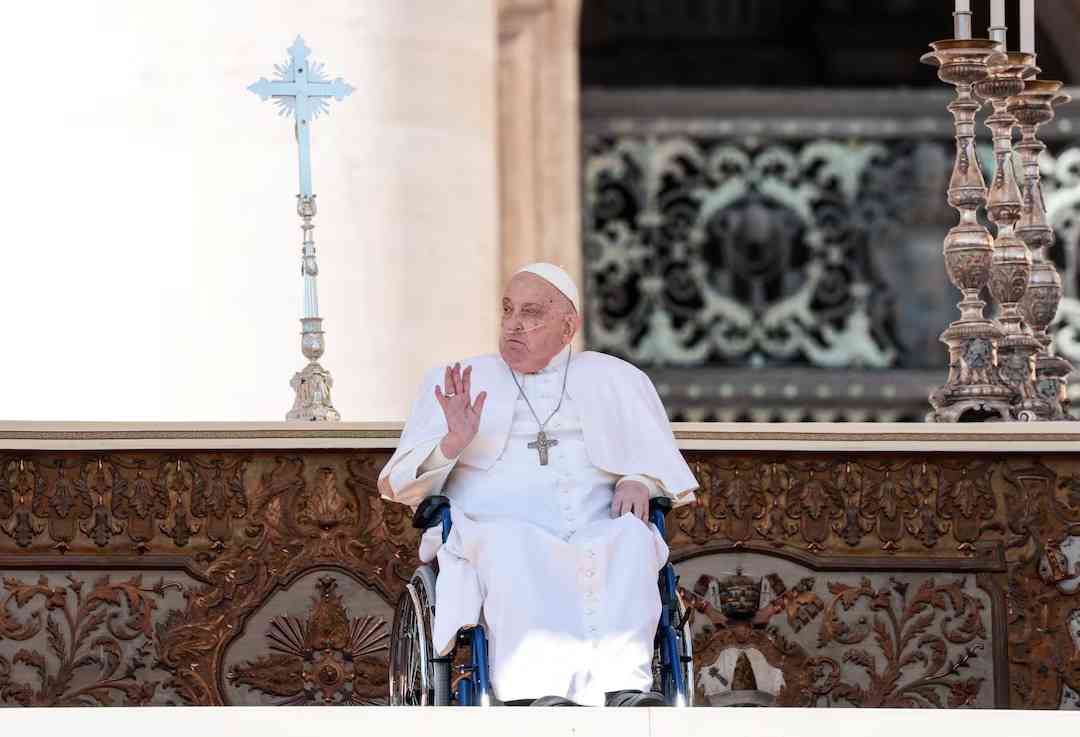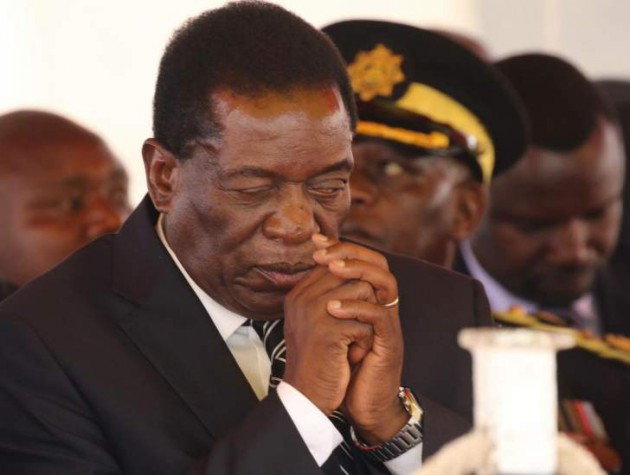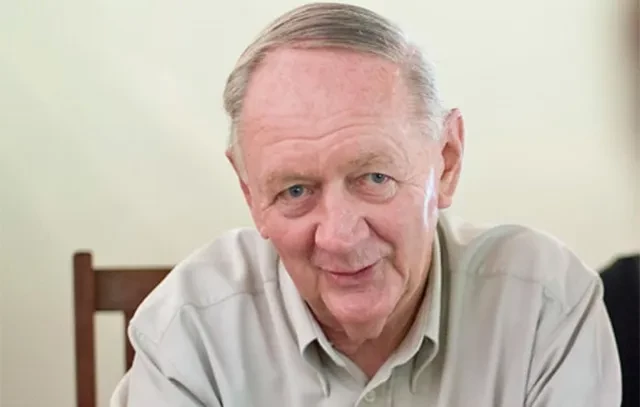
Governments across the global community of nations should implement media literacy policies that equip citizens in discerning disinformation and to safeguard information integrity online, senior health practitioners and media experts have said.
Speaking at an international disinformation in global health symposium running at the Utrecht University in the Netherlands from the 27th of November, the experts bemoaned the increasing levels of false health information doing rounds on social media platforms.
The symposium was convened by the Knowledge Centre Global Health (KCGH) to empower global health professionals and policymakers with the knowledge, tools, and strategies to identify, understand and combat misinformation and disinformation.
"Research by renowned scholars on human judgement and misinformation show that there is a market for false information driven by various agendas," said Sander van der Linden, a professor of social psychology at the University of Cambridge.
Linden, who is also the director of the Cambridge Social Decision-making Lab said that their research had revealed that every individual is exposed to false information, hence the need for a multi stakeholders approach to fighting disinformation.
Dannagal Young, a professor of communication and political science at the University of Delaware weighed in by urging health professionals to consider the psychological impact of disinformation.
"Every person has an inherent desire to quickly comprehend what is happening in the world around them and be able to be in control of the information," Young said.
"If credible information is not readily available, the risk of receiving fake news from the various communities that people belong to on social media becomes higher.” Media Alliance of Zimbabwe (MAZ) coordinator Nigel Nyamutumbu urged policy makers to implement policies that balance the need to safeguard information integrity and freedom of expression.
- Cara Black in race for tennis Hall of Fame
- Chevrons knocked out
- Chillies demand on the increase
- Houghton laments Zim batting frailties
Keep Reading
"While there's an evident need for policy interventions to address disinformation on health matters and misinformation more broadly, these policies should be balanced with the right to free expression,” Nyamutumbu said.. "The regulations implemented during the Covid 19 pandemic were unsatisfactory in this
respect as these became tools to curtail free expression." "Our plea is for governments to instead roll out media literacy programs that enhance the
resilience of our health systems and protect the public against misleading information.
The legacy media should be preserved and strengthened such that it can regain lost trust and fact checking interventions should be supported as part of safeguarding information integrity.”









